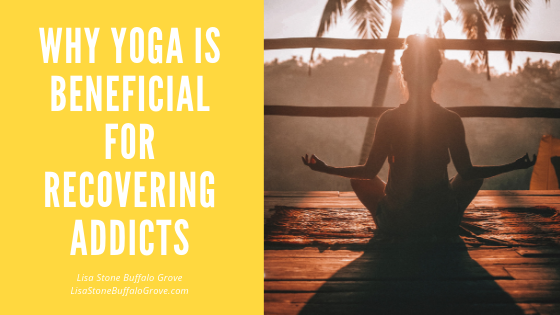For many people, addiction serves as a way to become numb and disconnected from one’s mind and body. It is often an escape, leaving the person out of touch with who they are. When an addict is in recovery, they must work hard to resurface thoughts, feelings, and emotions that they were otherwise numb or out of touch with. Recently, many people with addictions have turned to a more holistic approach to recovery that incorporates a variety of methods and resources. Yoga is one tool that has proven helpful throughout the recovery process. It is best used to accompany other methods. Yoga, which enforces the unity of mind, body, and soul, can help individuals feel more balanced, less stressed, and more in touch with mind-body awareness. Below are a few benefits of practicing yoga in recovery.
Emotional Benefits
Yoga and mediation can provide individuals with a greater sense of peace and relaxation. The deep breathing exercises have been proven beneficial to relieve stress and anxiety. Those practicing will also have time for self-reflection and self-awareness. Participating in yoga can also provide a sense of community and a healthy, safe place to meet new people.
Physical Benefits
Practicing yoga can yield many physical benefits for the recovering addict. It is a great way to ease fatigue and pain experienced throughout the recovery process. The light stretches associated with yoga can also help calm nerves and tight muscles. Practicing often can allow the individual to gain strength and flexibility. Additionally, those in recovery may have improved sleep after attending yoga classes regularly.
Increased Self-Discipline
Yoga is a healthy way to replace artificial highs with natural highs. By focusing their health on attending regular yoga sessions instead of using drugs, recovering addicts will learn to commit to safer, healthy choices. Yoga can be practiced by people of all shapes and sizes. However, the more frequently a person practices, the better they will become at holding their balance and flexibility.
Inner-Peace
Yoga and meditation can be compared to exercise for the mind. It provides an outlet to release stress and think about the most important aspects of life: one’s mind, body, and soul. Yoga can be a great coping tool for dealing with trauma and centering one’s self. Many have found yoga gave them more control over their mind and thoughts and helped increase their control over stressors in their day-to-day recovery.

